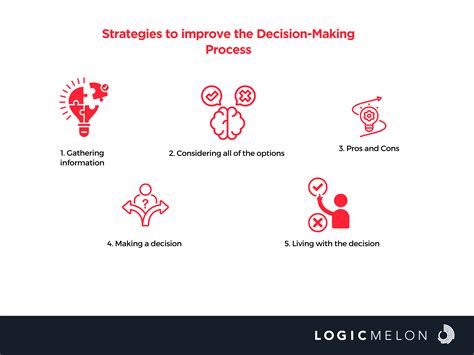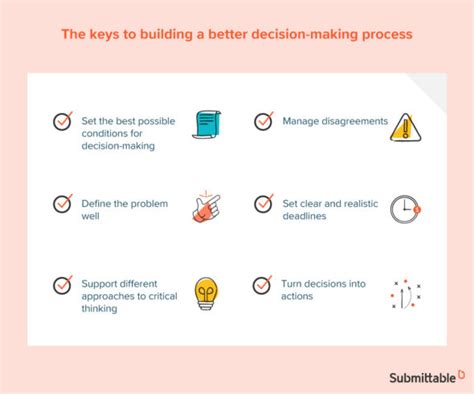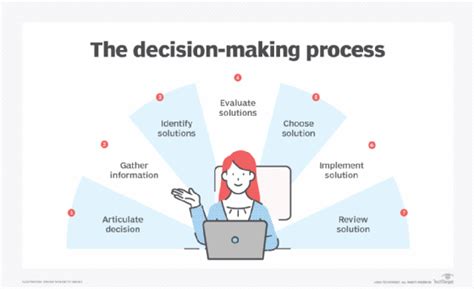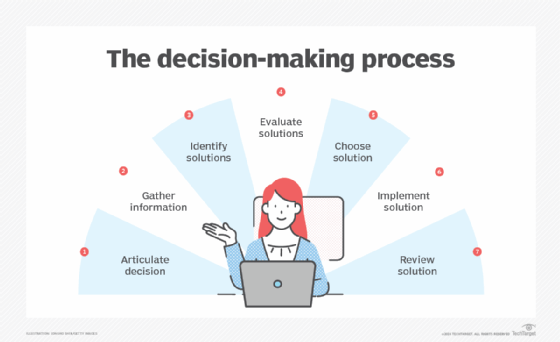Critical thought is a vital skill that involves the careful analysis and evaluation of information to make informed decisions. This article delves into the essence of critical thought, starting with its definition, to establish a clear understanding of what it entails. We will then explore the importance of this cognitive process, its key components, and how it can be effectively applied in various decision-making and problem-solving scenarios. Additionally, we’ll address common barriers that hinder critical thought and offer practical strategies to enhance it. By mastering critical thought, individuals can improve their ability to navigate complex situations and make reasoned choices, ultimately leading to better outcomes in both personal and professional contexts.
Explore this topic in-depth with weninsure.xyz
1. Definition of Critical Thought
Critical thought, often interchangeable with critical thinking, is an active process that involves analyzing, interpreting, evaluating, and synthesizing information derived from observation, experience, or communication. This process demands questioning assumptions, recognizing biases, and considering multiple perspectives to reach a well-supported conclusion. Unlike passive thinking, where information is accepted uncritically, critical thought requires a higher level of cognitive engagement, prompting individuals to examine the validity and reliability of information before forming judgments.
Critical thinking, at its heart, involves grasping the fundamental principles that shape information and recognizing the logical links between ideas. This disciplined process necessitates careful and systematic thinking to prevent errors in reasoning. Critical thinking transcends mere problem-solving or decision-making; it is an invaluable skill applicable to everyday life, from making well-informed choices to comprehending complex issues.
Critical thinking is inherently reflective, requiring individuals to examine their own thought processes. This self-awareness allows them to identify potential biases and refine their reasoning skills. Engaging in critical thinking empowers individuals to think independently, make sounder decisions, and solve problems more effectively, ultimately leading to more informed and balanced judgments.

2. Importance of Critical Thought
In today’s world, overflowing with information and conflicting perspectives, critical thinking is a vital skill. It equips individuals with the ability to distinguish reliable sources, analyze the merits of arguments, and make well-informed decisions. This ability is particularly crucial in situations where consequences are significant, such as personal choices, professional assessments, and civic engagement.
Critical thinking is not merely a tool for decision-making; it is equally vital for tackling problems. Through the process of examining situations from diverse perspectives, pinpointing root causes, and exploring potential solutions, individuals gain a deeper comprehension of challenges and formulate more successful approaches.
Furthermore, critical thinking cultivates intellectual autonomy. It empowers individuals to scrutinize assumptions, contest established norms, and steer clear of the pitfalls of groupthink. This independent thinking paves the way for innovation, as individuals become more inclined to explore novel ideas and alternative approaches.
Critical thinking is a fundamental pillar of effective education. It empowers students to immerse themselves in learning materials, cultivate strong analytical abilities, and establish a robust foundation for lifelong learning. The significance of critical thought lies in its capacity to equip individuals with the ability to think clearly, make informed decisions, and address challenges with a comprehensive perspective.

3. Components of Critical Thought
Critical thinking is a process built upon several essential elements that work together to elevate an individual’s cognitive skills. One of the most fundamental components is analysis, which involves the systematic breakdown of complex information into smaller, more digestible parts. This process allows for a deeper understanding of the information’s structure and meaning.
Evaluation plays a crucial role in ensuring the quality of information. By assessing the credibility, accuracy, and relevance of sources, we can ensure that decisions are grounded in solid evidence and logical reasoning.
Inference is the process of drawing logical conclusions from existing information. Interpretation, on the other hand, goes beyond simply extracting conclusions, instead focusing on understanding the meaning of the information by considering its context and potential implications.
Explanation is the ability to clearly and logically articulate one’s reasoning, which helps to communicate thoughts effectively. Self-regulation, the reflective component of critical thought, allows individuals to monitor their own thinking processes, recognize biases, and make adjustments as needed.
This integrated set of elements creates a strong foundation for critical thinking, empowering individuals to analyze issues and make choices with precision, logic, and rationality.

4. Application of Critical Thought
Critical thinking is a vital tool in all facets of life, from personal choices to professional settings. When faced with decisions, critical thinking empowers individuals to analyze the advantages and disadvantages of each option, anticipate possible consequences, and select the most sensible and advantageous path. This process proves invaluable in circumstances demanding careful evaluation of numerous factors, such as financial planning, career selection, or healthcare decisions.
Critical thinking is a valuable asset in the workplace, bolstering problem-solving abilities. By meticulously examining procedures, pinpointing inefficiencies, and exploring innovative solutions, individuals can contribute to more effective and efficient operations. This skill is particularly essential in professions that require significant analytical thinking, including law, medicine, engineering, and business.
Critical thinking is essential in education. It empowers students to delve into subject matter, scrutinize underlying assumptions, and construct comprehensive arguments. This process cultivates a more profound understanding of concepts and ignites intellectual curiosity.
Furthermore, critical thinking is essential for fulfilling social and civic duties. It equips individuals with the ability to scrutinize news, media, and public conversations, enabling them to make well-informed choices and actively engage in democratic processes. In conclusion, the utilization of critical thinking fosters more rational, balanced, and effective decision-making in all aspects of life.
5. Barriers to Effective Critical Thought
Several barriers can hinder effective critical thought, limiting an individual’s ability to accurately analyze and evaluate information. One significant obstacle is cognitive biases, which are unconscious patterns of thought that distort perceptions and judgments. These biases can lead individuals to favor information aligning with their existing beliefs, disregard contradictory evidence, or make decisions driven by emotions rather than logical reasoning.
Blindly accepting information from perceived authorities, without questioning its validity or seeking alternative viewpoints, presents another obstacle. This overreliance on authority can stifle independent thinking and result in the uncritical acceptance of potentially flawed or biased information.
Time pressure and stress can hinder critical thinking by draining the mental resources necessary for thorough analysis and reflection. When feeling pressured, individuals may rely on hasty, superficial thought processes instead of the deeper cognitive work essential for critical thinking.
Insufficient knowledge or experience in a specific field can hinder an individual’s capacity for critical thinking. This is because they may lack the foundational understanding needed to accurately assess and analyze information.
The pressure to conform and fit in can hinder individuals from challenging accepted beliefs or exploring new ideas. This stifles critical thinking and innovation. Addressing these social barriers is essential for developing strong critical thinking abilities.
6. Enhancing Critical Thought
Developing critical thinking skills demands intentional practice and the acquisition of specific abilities. A key approach is to cultivate intellectual curiosity by actively exploring diverse viewpoints and challenging assumptions. Engaging with a broad spectrum of sources, including those that contradict existing beliefs, can expand comprehension and promote more sophisticated thought.
Regular self-assessment of one’s thought processes, known as reflective practice, is a crucial component of critical thinking. By identifying and addressing cognitive biases, individuals can enhance their ability to analyze information objectively. This self-reflection facilitates the recognition of patterns of flawed reasoning, allowing individuals to make necessary adjustments and improve their decision-making processes.
Developing strong reasoning skills is crucial. This entails honing logical thinking abilities, critically evaluating evidence, and crafting well-supported arguments. Activities like debates, discussions, and problem-solving exercises provide excellent opportunities to sharpen these essential skills.
Mindfulness and stress management techniques foster a mental environment conducive to critical thought. By reducing stress and creating more space for reflection, individuals can cultivate a greater capacity for deep, analytical thinking.
Ultimately, seeking feedback from others can be instrumental in refining one’s thinking process. Constructive criticism and diverse perspectives can illuminate blind spots and foster a more rigorous analytical approach, ultimately leading to enhanced critical thinking skills and more informed decision-making.
In summary, critical thought is essential for making informed decisions and solving complex problems. By understanding its definition, importance, components, and applications, individuals can better navigate various challenges. Overcoming barriers and actively enhancing critical thought throu
weninsure.xyz

